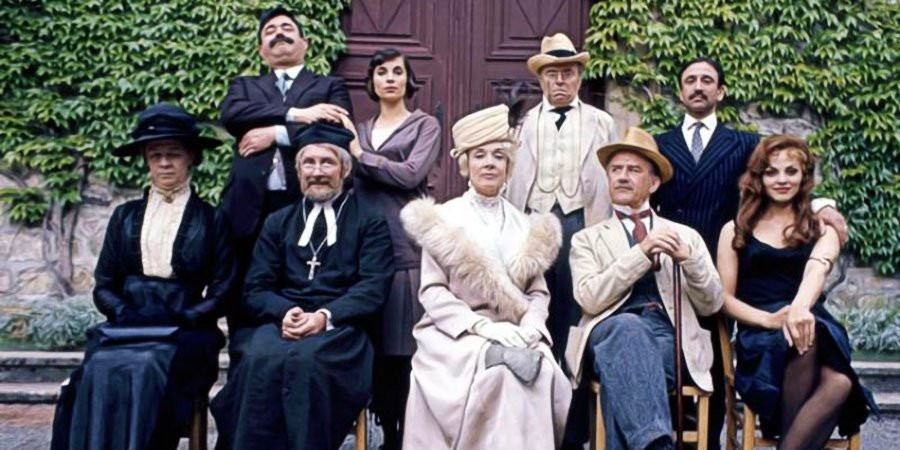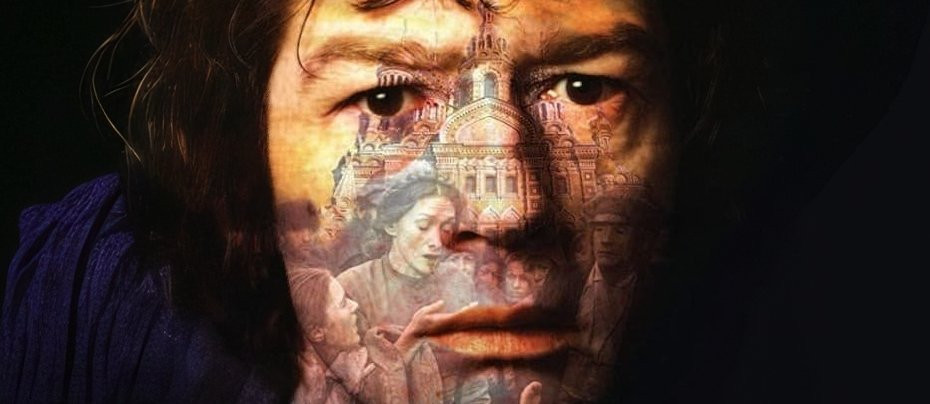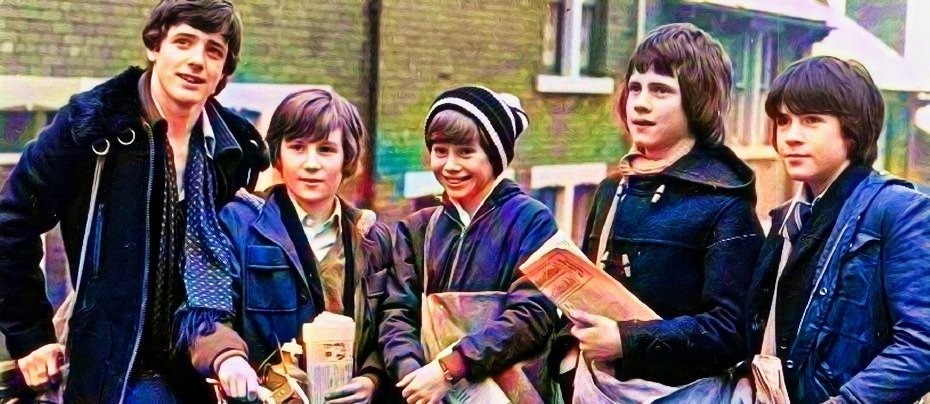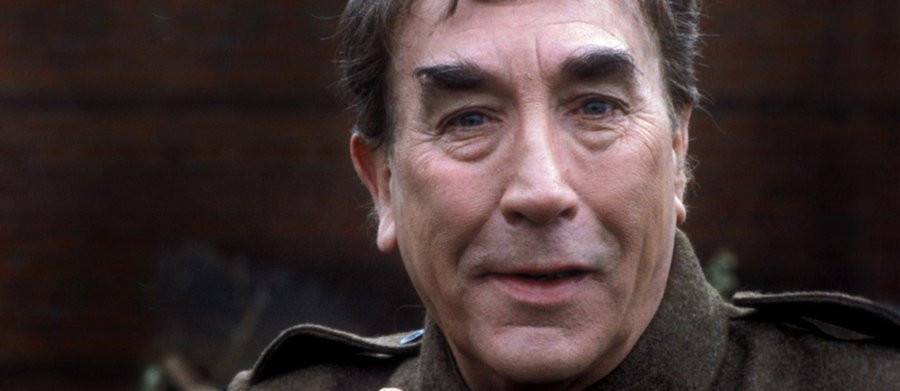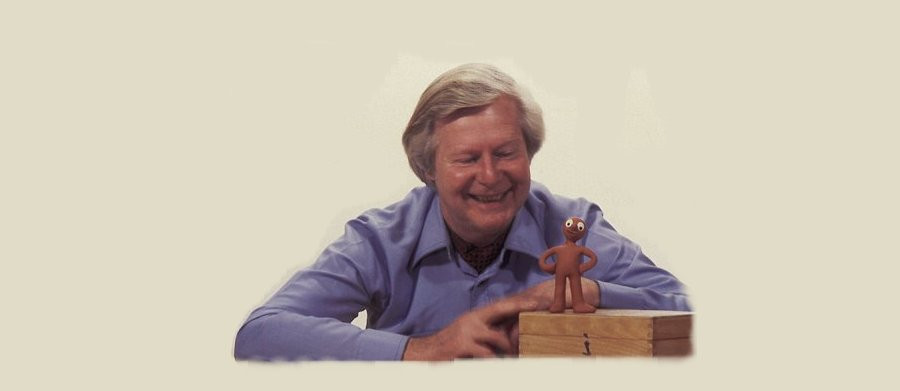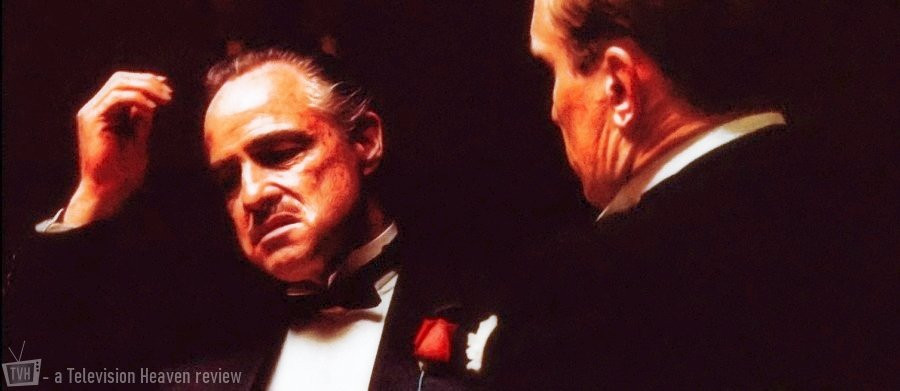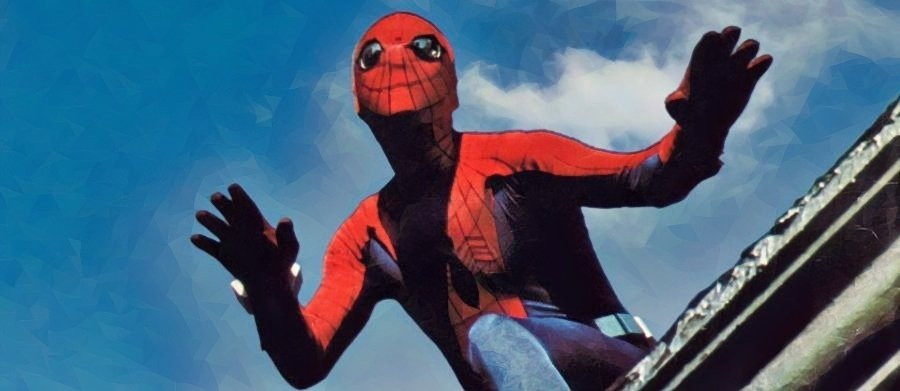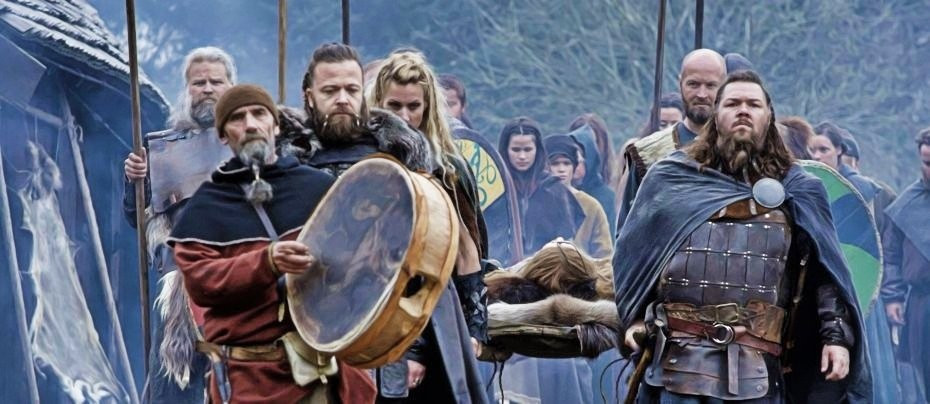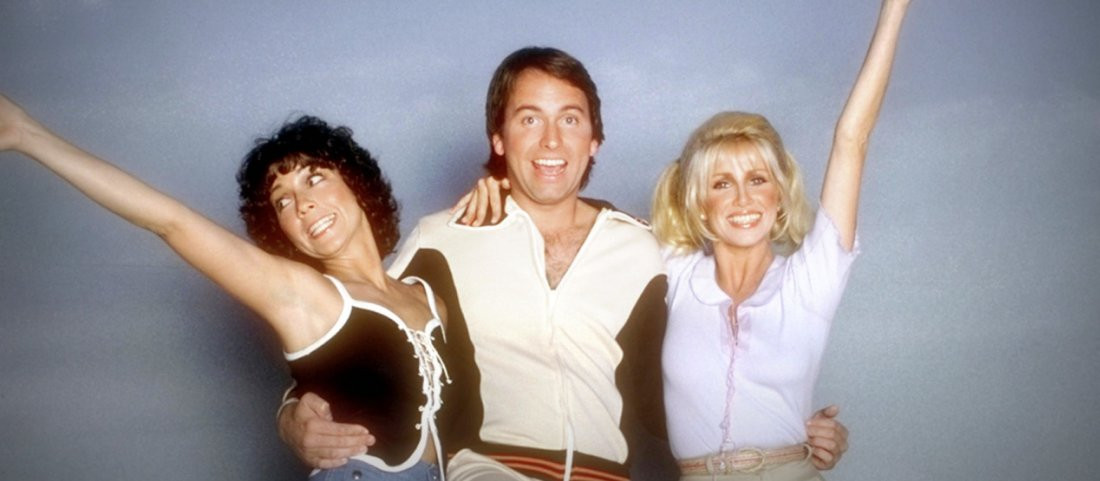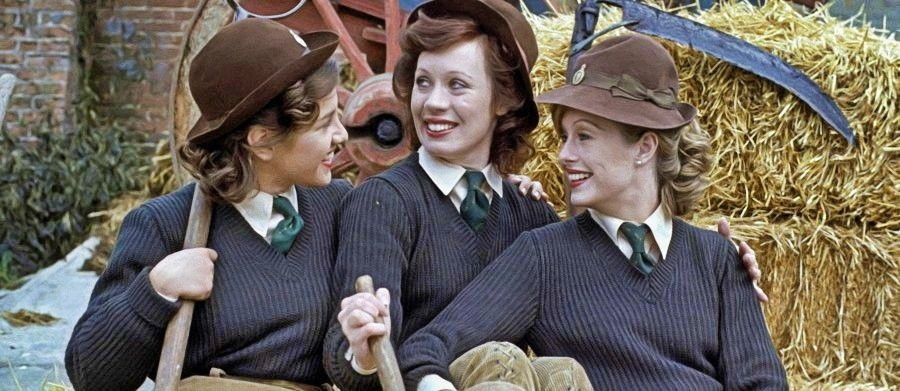
Backs to the Land
1977 - United KingdomHaving been conscripted into the Women's Land Army during World War Two, three girls from very different backgrounds are sent to work on Crabtree Farm, near the village of Clayfield, Norfolk. The WLA, which had originally been set up in 1917, disbanded at the end of the First World War and reformed in June 1939, had, at its peak, 80,000 women - known as 'Land Girls' taking on the jobs of male agricultural workers who had been 'called up' to the armed forces. In 1977, Anglia Television decided to make its first situation comedy series which, in reference to the BBC's sitcom of the goings on in Warmington on Sea, was nicknamed 'Mum's Army.'
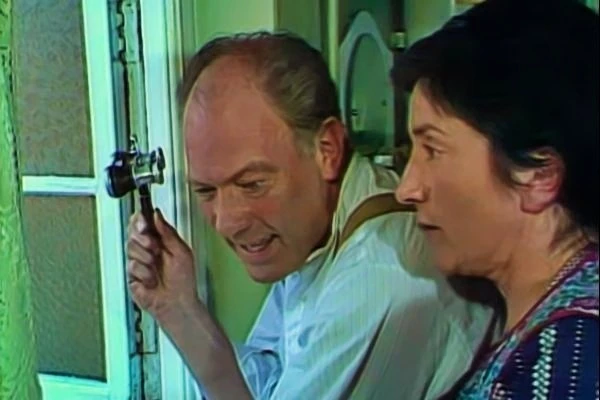
The three women are from as diverse backgrounds as you can imagine. Marilyn Galsworthy is dippy debutante Daphne Finch-Beauchamp, Terese (sometimes billed as Terri) Stevens is quick-witted cockney lass Jenny Dab, and Phillipa Howell is a middle class, but somewhat sheltered Jewish girl called Shirley Bloom. The girls soon find that they have to share a hasty education in agricultural matters - with more than a few mishaps on the way. They are neither helped nor encouraged by tight-fisted farmer Tom Whitlow (John Stratton) who is outraged because he had been expecting male replacements for his soldier volunteer sons, played by real-life brothers David and Michael Troughton. Whitlow declares that he "would rather see 'em hung" before allowing them to work on his land, which makes them all the more determined to prove the farmer wrong.
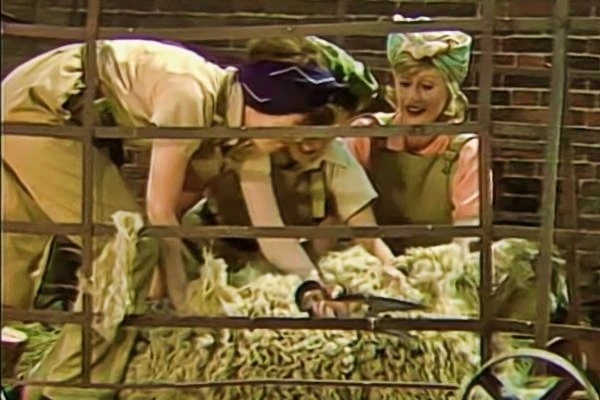
Although a comedy, the series is also a very well researched piece of social history, giving a realistic portrayal of the backbreaking ground work that land girls were expected to do in all weather and conditions, as well as the hostility that they often faced from local villagers and other farmers. To their credit, the actresses involved learned how to milk cows, drive tractors, shear sheep, cut hedges and muck out, so when they played their parts, they played them for real. Aiming for authenticity, Anglia also employed a language expert, Peter Tuddenham, who also played the pub landlord in the series, to advise on local accents and customs.
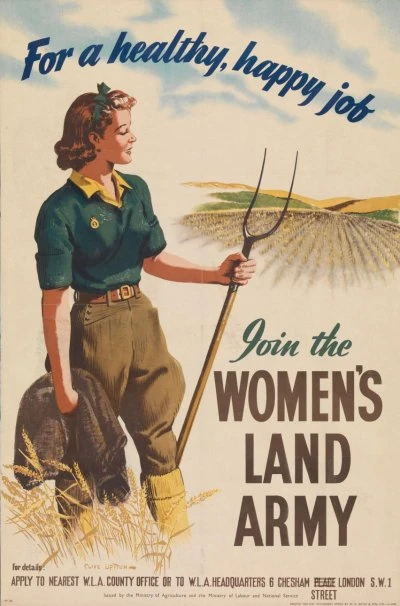
Before coming to the air, Backs to the Lands was dogged with misfortune. Filming was disrupted by a union dispute over sound-dubbing and when it was eventually scheduled the ITV network could not agree on simultaneous screening across the country. London Weekend Television and Anglia showed it on Friday evenings, but the other regions put it out on either Saturday or Sunday. ATV in the Midlands refused to show it at all for a while. As a result, the series struggled to have any impact on the ratings.
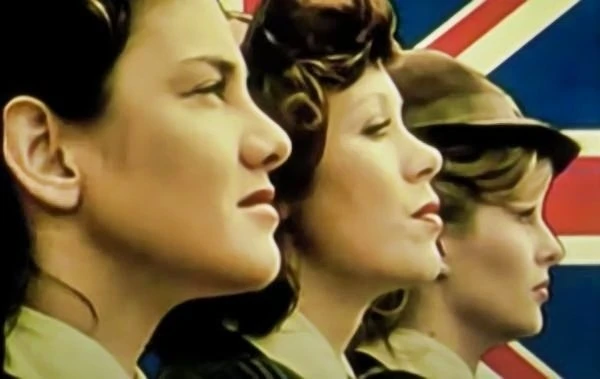
The series debuted to mixed reviews. Some unfairly compared it to Dad's Army although The Sun's television critic was quick to defend it: "Anglia Television recently made their first major comedy series at a cost of £250,000. It is about three pretty girls who became Land Girls during the war and it is very funny indeed. But not all of you are going to see it. If Thames or ATV had made it, it would probably get a fully networked slot. But Anglia is not one of the big companies so its brave new show is getting the kind of treatment who guarantees it cannot be a hit."
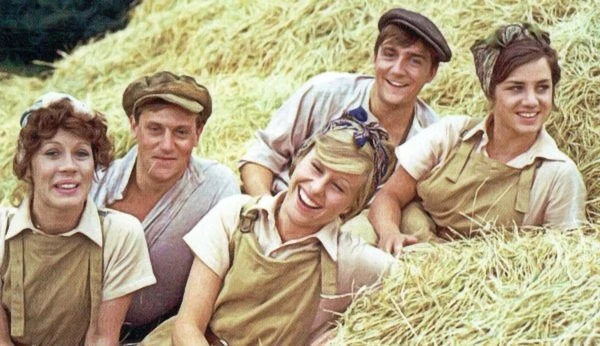
Anglia persevered and commissioned a second series which was broadcast in late 1977. Marilyn Galsworthy only appeared in the first episode before leaving for the Royal Shakespeare Company and was replaced by Pippa Page as budding actress Bunny Buroughs, who had become a land girl after failing a Forces entertainment audition. In the opening story Galsworthy's character, Finch-Beauchamp is leaving the Land Army to join the W.R.N.S. Shirley and Jenny are not sure that her replacement, full of theatrical airs and graces, will fit into working life on a farm.
The second series, as well as a third (and final), in the summer of 1978, was given a more consistent network outing although some regions still refused to follow suit. It wasn't the first time that Anglia had fallen foul of ITV's networking policy. A previous drama series had suffered the same fate as noted by The Times newspaper which said Backs to the Land: "...deserves to succeed - but so did Weavers Green." The final series was also the subject of tabloid newspaper reports of friction between actresses Terese Stevens and Phillipa Howell. Anglia only produced one more sitcom - Marjorie and Men, in 1985.
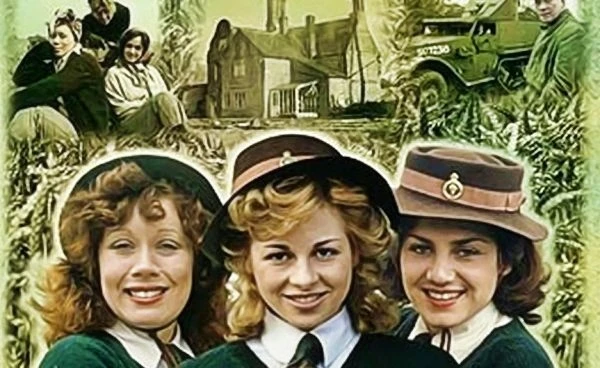
Backs to the Land was filmed during the incredibly hot summer of 1976 in and around the village of Heydon, which even today can only be accessed from the south, resulting in the only road, called The Street, effectively being a cul-de-sac for general traffic. At its centre is a green, surrounded by the parish church and traditional English rural buildings. The theme song for the series was written by Jackie Trent and Tony Hatch and was sung by Anne Shelton. In 2009 the BBC produced three series called Land Girls, commissioned to commemorate the 70th anniversary of the outbreak of the Second World War. The programme was BBC Daytime's first commission of a period drama and won the "Best Daytime Programme" at the 2010 Broadcast Awards. But the last word on Backs to the Land goes to TV critic Stafford Hildred who wrote: The series never really got the recognition it deserved.
Seen this show? How do you rate it?
Seen this show? How do you rate it?
Published on January 29th, 2021. Written by Laurence Marcus for Television Heaven.


